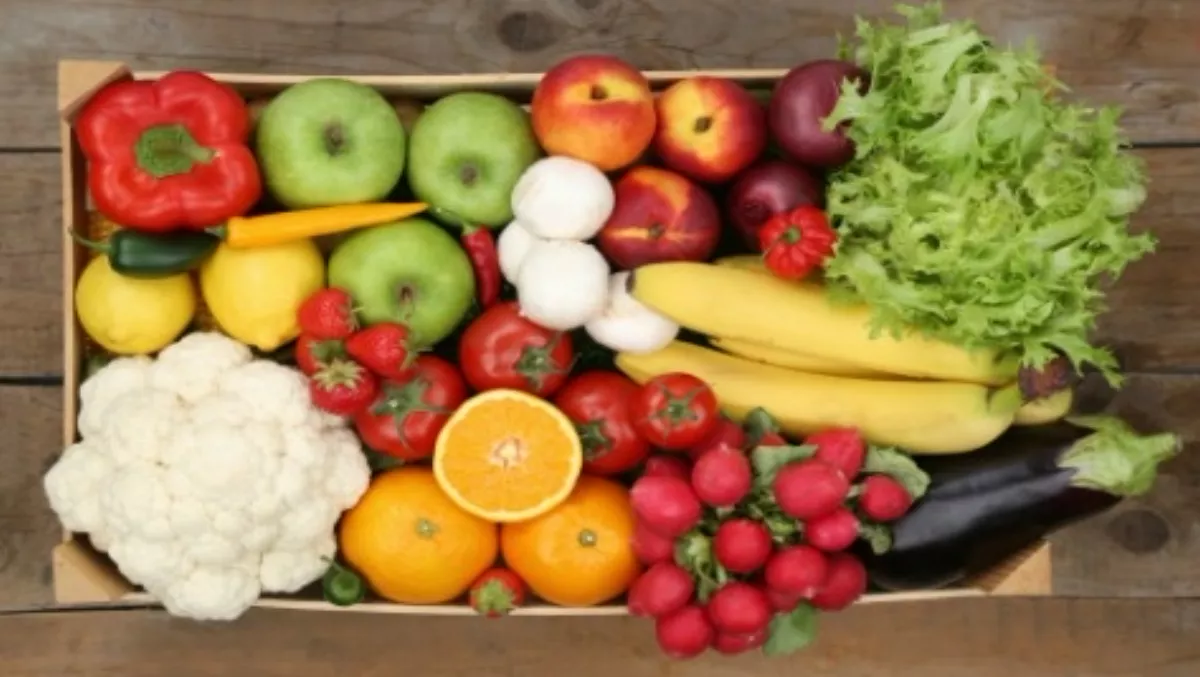
NZ food prices decline in February, led by lower fruit, vegetable, meat prices
New Zealand food prices fell in February, led by seasonal declines in fruit and vegetables and lower meat prices.
The food price index slipped 0.7 percent in February after a 1.3 percent gain in January, according to Statistics New Zealand. Prices gained 1.5 percent from February 2014, again led by fruit, vegetables and meat.
Prices for fruit and vegetables fell 2.4 percent in February, as declines in apples and tomatoes offset higher strawberry prices. Apple prices fell 23 percent from a peak in January, when they rose to their highest level on record as adverse weather resulted in a smaller, later crop. Meat prices declined 1.6 percent, led by falls in lamb, beef and chicken.
Movements in food prices are closely watched by economists, as they make up 19 percent of the broader consumers price index, the nation's key inflation measure. New Zealand inflation last year dropped below the central bank's 1 percent-to-3 percent target band, rising at a 0.8 percent annual pace in 2014.
Reserve Bank governor Graeme Wheeler said today any further downward surprises in New Zealand's already tepid pace of consumer inflation may warrant an interest rate cut. The bank, which today kept its benchmark interest rate on hold at 3.5 percent, expects inflation to staying below 1 percent until March next year, before rising to 1.7 percent by early 2017.
The latest food price data shows grocery foods declined 0.6 percent in February, with lower prices for snack foods, yoghurt, chocolate and bread, offset by higher prices for sweets.
Prices for non-alcoholic beverages rose 1.1 percent, reflecting less discounting on energy drinks, soft drinks and packaged coffee, the statistics agency said.

